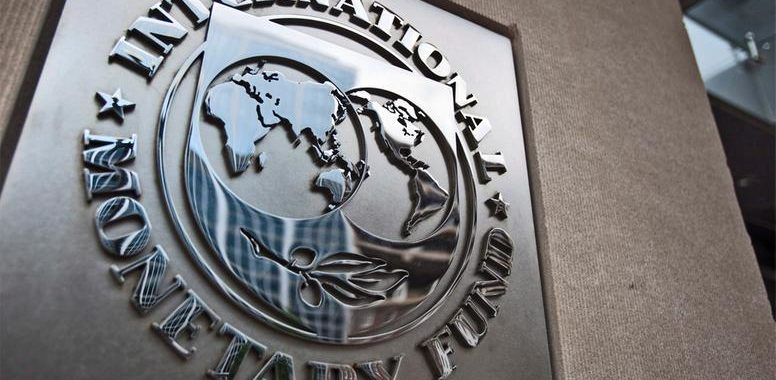The International Monetary Fund has warned that a lack of transparency in government borrowing is eroding investor confidence, raising borrowing costs, and leaving economies more vulnerable to debt crises.
In a blog post seen on Tuesday, Deputy General Counsel of the IMF, Yan Liu, said public debt is projected to reach almost 100 per cent of global gross domestic product by the end of this decade, surpassing pandemic levels. Mounting debt servicing costs and shrinking fiscal space, particularly in emerging markets and developing economies, are squeezing budgets and leaving governments with less room for social spending or investments.
Liu said countries are increasingly using complex instruments such as securitised, collateralised and guaranteed contracts linked to state-owned enterprises and public-private partnerships. These liabilities often remain hidden until they emerge during debt restructuring, she added.
“When revealed, hidden debt can erode confidence in the government, in its data, and in its administrative capacity to provide an accurate representation of the country’s finances,” Liu wrote. “This may lead to higher borrowing costs and, if the size of the hidden debt is substantial, put debt sustainability at risk and potentially trigger a debt crisis.”
The IMF argued that legal frameworks are central to improving disclosure.
Its recent review of debt-related laws in 85 countries found that fewer than half required debt management and fiscal reporting by statute. In many cases, state-owned enterprises and sub-national borrowing fall outside official definitions of public debt, allowing liabilities to accumulate off the balance sheet.
The global lender called on governments to enact and enforce laws that clearly define public debt, set out who is authorised to borrow, and require full disclosure of obligations. It also urged state audit institutions to be empowered to scrutinise debt operations and publish their findings.
“Ultimately, laws are only as good as the systems and institutions that enforce them,” Liu said, noting that some countries had adopted sound legislation but failed to implement it in practice.
The IMF has stepped up efforts in recent years to promote debt transparency. Its 2023 policy paper ‘Making Public Debt Public’ highlighted disclosure gaps in low-income and emerging economies. Debt-limit policies now require more granular reporting, including the publication of the holders of public debt. Over the past two years, the Fund has also delivered more than 200 technical assistance missions on debt management and expanded legal reviews, diagnostic assessments, and advisory support.
According to the IMF, greater transparency is not simply about collecting data but about building legal clarity, institutional accountability and public trust. Liu said debt disclosure should be treated as a “public good” that strengthens sustainability and lowers financing costs.
“You can’t manage what you can’t see,” she wrote. “To restore investor confidence and safeguard resilience, countries must put their house in order, starting with the right laws backed by strong institutions that implement them.”
